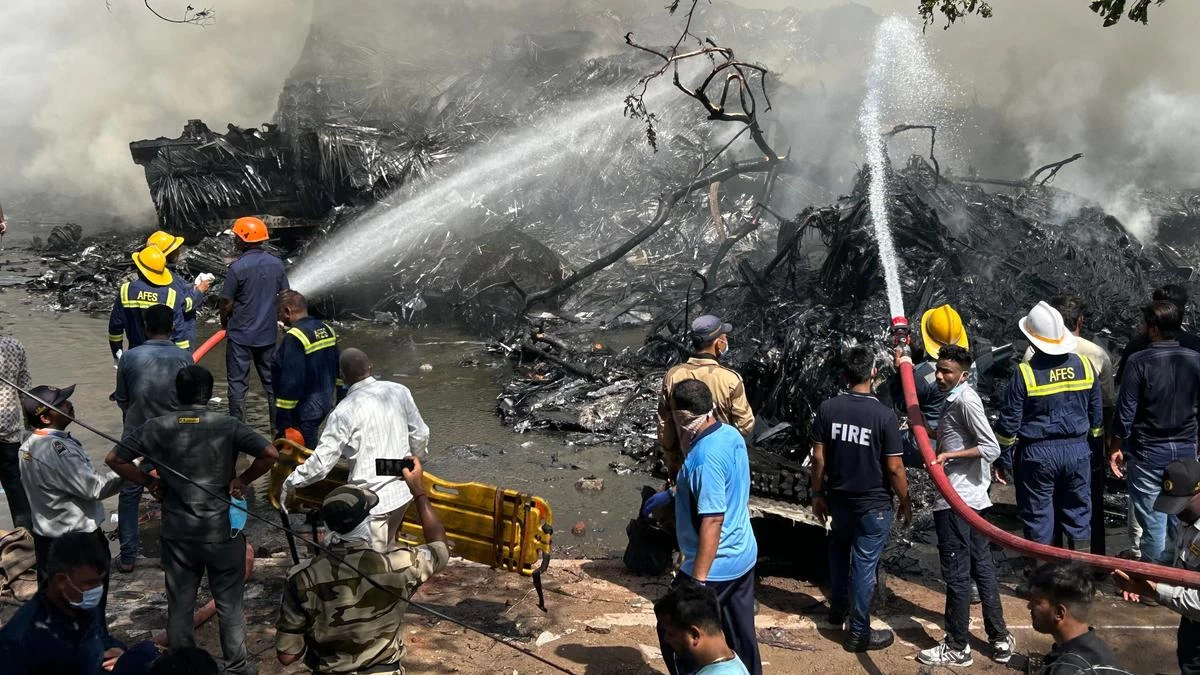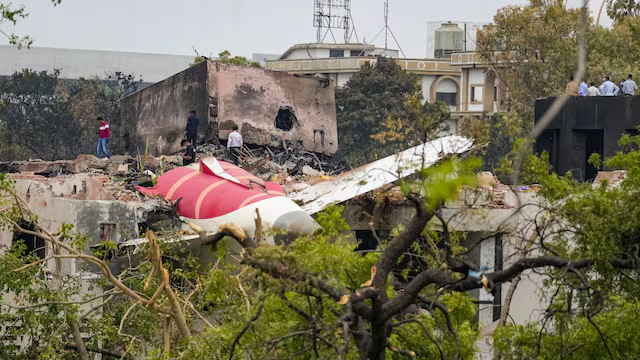Latest Updates
AFSPA Extended in Manipur, 13 Police Stations Exempted

The Centre on Sunday announced the extension of the Armed Forces (Special Powers) Act (AFSPA) in violence-hit Manipur, except in areas under 13 police stations in the valley districts, for another six months. The stringent security measures have also been prolonged in the neighbouring states of Arunachal Pradesh and Nagaland for the same duration.
"The central government declares the entire state of Manipur, excluding the areas falling under the jurisdiction of the following 13 (thirteen) police stations of five districts, as ‘disturbed areas’ for a period of six months with effect from April 1, 2025, unless withdrawn earlier," the official notification read. The exempted police stations are located in the districts of Imphal West, Imphal East, Thoubal, Bishnupur, and Kakching.
The extension of AFSPA comes while Manipur remains under President’s Rule, which was imposed on 13 February 2025, following the resignation of Chief Minister N. Biren Singh. According to reports, renewed civilian attacks and fresh clashes between security forces and militants have led to the continuation of AFSPA in the state. Manipur has been grappling with the vagaries of ethnic-violence, resulting in over 250 deaths and the displacement of thousands in the past 22 months.
In Nagaland, the Union Home Ministry had declared eight districts and 21 police stations in five other districts as "disturbed areas" under AFSPA from 1 October 2024. This status has now been extended for another six months, effective from 1 April 2025. The affected districts include Dimapur, Niuland, Chumoukedima, Mon, Kiphire, Noklak, Phek, and Peren.
Similarly, in Arunachal Pradesh, AFSPA has been prolonged in the districts of Tirap, Changlang, and Longding, along with specific areas within Namsai district that share a border with Assam. This extension will be in place from 1 April 2025, unless withdrawn earlier.
AFSPA grants special powers to the armed forces in regions designated as "disturbed areas" due to security concerns. The law remains in effect in multiple northeastern states. The extensive powers granted include the use of force, arrest without a warrant, and searches for suspects or weapons. It provides legal immunity to personnel, requiring central government approval for prosecution.









